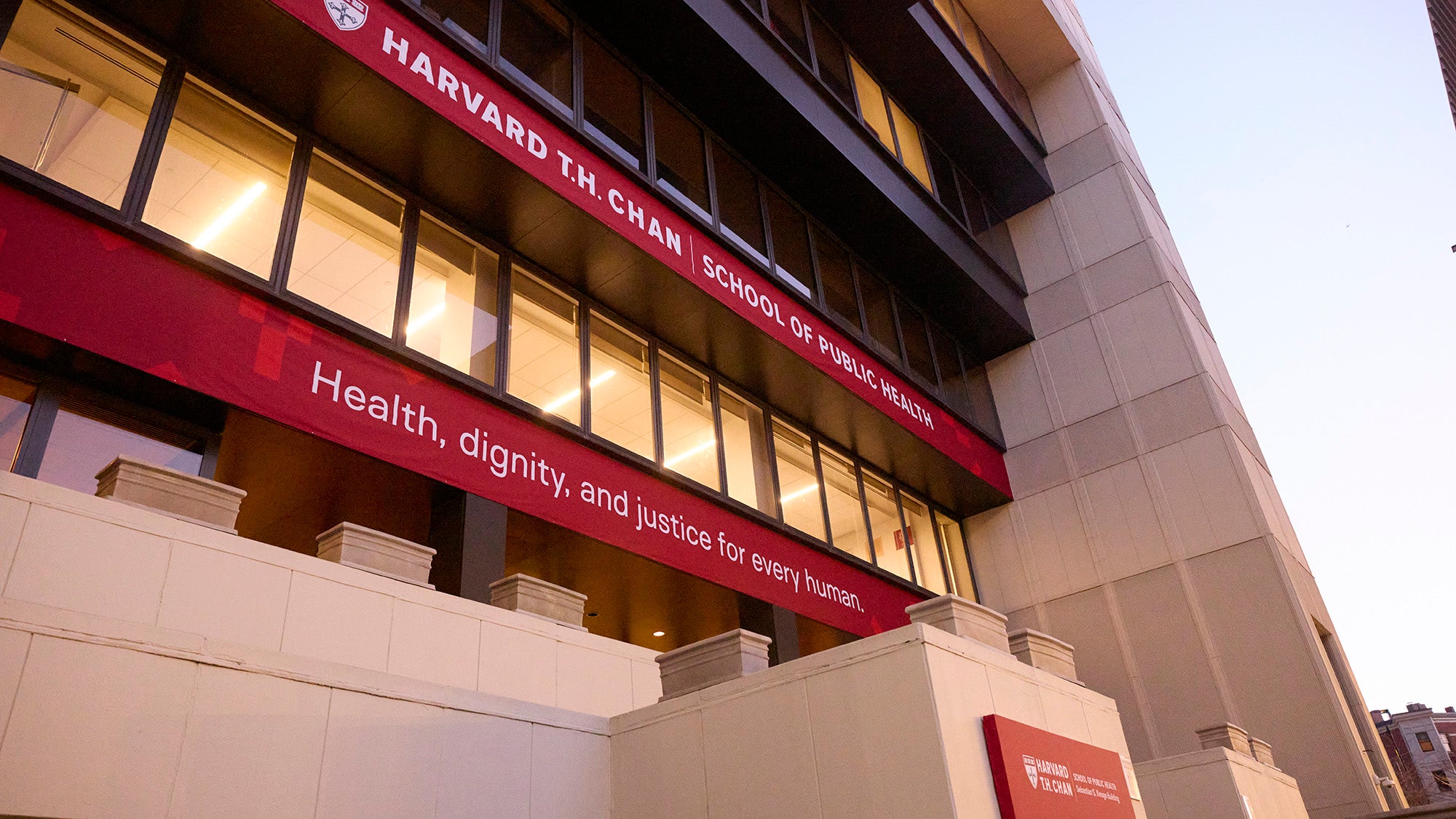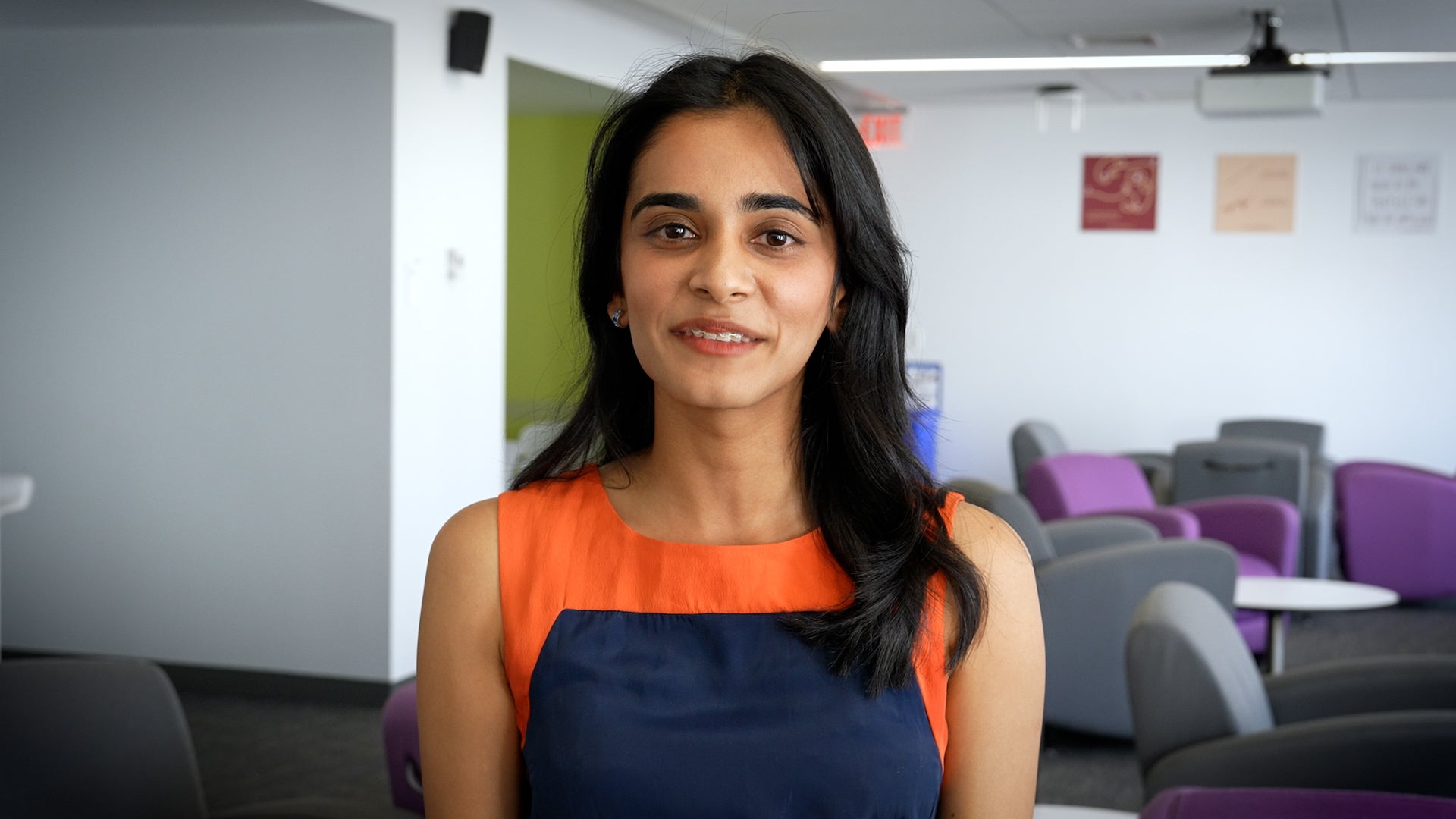‘Losing a future’: Harvard Chan researchers describe impact of federal cuts

Faculty members from Harvard T.H. Chan School of Public Health were among those featured in June media articles highlighting the widespread impact of the Trump administration’s cuts to research funding across Harvard University.
Researchers have been sharing details about how the funding cuts have severely affected their work—or stopped it altogether. At Harvard Chan School, every direct federal grant has been terminated.
Glorian Sorensen, research professor of social and behavioral sciences, was among those quoted in a June 22 New York Times article that catalogued every canceled Harvard grant. Sorensen co-directs the Center for Work, Health, and Well-being, which lost its funding from the National Institute for Occupational Safety and Health. She said the loss puts not only the Center’s research at risk, but also its partnerships with hospitals, insurance companies, and employers. “This is larger than any individual grant,” she said. “What we are losing is a future.”
Support Harvard Chan School
Every gift contributes to our mission of building a world where everyone can thrive. To learn more about how you can support the School, please contact giving@hsph.harvard.edu.
Also quoted in the Times was Marc Weisskopf, Cecil K. and Philip Drinker Professor of Environmental Epidemiology and Physiology, who directs the Harvard Chan NIEHS Center for Environmental Health, which lost funding from the National Institute of Environmental Health Sciences (NIEHS). Weisskopf noted that “people think they’re [the federal government] just sort of handing this money out for us to do what we want with.” But the article pointed out that federal funding is not a subsidy, but payment for studies aimed at advancing the research mission of the U.S. Such studies are costly, can require years of work, and are unlikely to be funded by private companies.
The article also quoted Walter Willett, professor of epidemiology and nutrition, who spoke about losing funding for the long-running Nurses’ Health Study, which has provided evidence shaping public policy such as a 2018 federal rule banning artificial trans fats in food. “A lot of things we take for granted—‘Oh, everybody always knew that’—no actually, we published those findings,” said Willett, one of the study’s leaders. Willett was also quoted about the study in a June 20 Boston Globe article and a June 23 MassLive article.
Other Harvard Chan researchers featured in the MassLive article included:
- John Quackenbush, Henry Pickering Walcott Professor of Computational Biology and Bioinformatics and chair of the Department of Biotatistics, who investigates the mechanisms that cause healthy people, and their cells, to become diseased;
- Shoba Ramanadhan, associate professor of social and behavioral sciences, whose terminated grants are for research on the impact of climate change-related heat stress and cancer-focused outreach to immigrants, refugees, and minority communities;
- Rita Hamad, associate professor of social and behavioral sciences, who studies the effects of social policies on health, poverty, and education;
- Paige Williams, senior lecturer in the Department of Biostatistics, who studies HIV-related health outcomes in pregnant women and their children;
- Meredith Rosenthal, C. Boyden Gray Professor of Health Economics and Policy, whose research focuses on reducing out-of-pocket medication costs for patients and increasing medication adherence.
Read the New York Times article: Here Is All the Science at Risk in Trump’s Clash With Harvard
Read the Boston Globe article: Harvard has collected 3 million biological samples over decades. Now, researchers may not have the money to preserve them.
Read the MassLive article: ‘Devastating’: 10 Harvard researchers detail ‘essential’ work set to be cut by Trump


